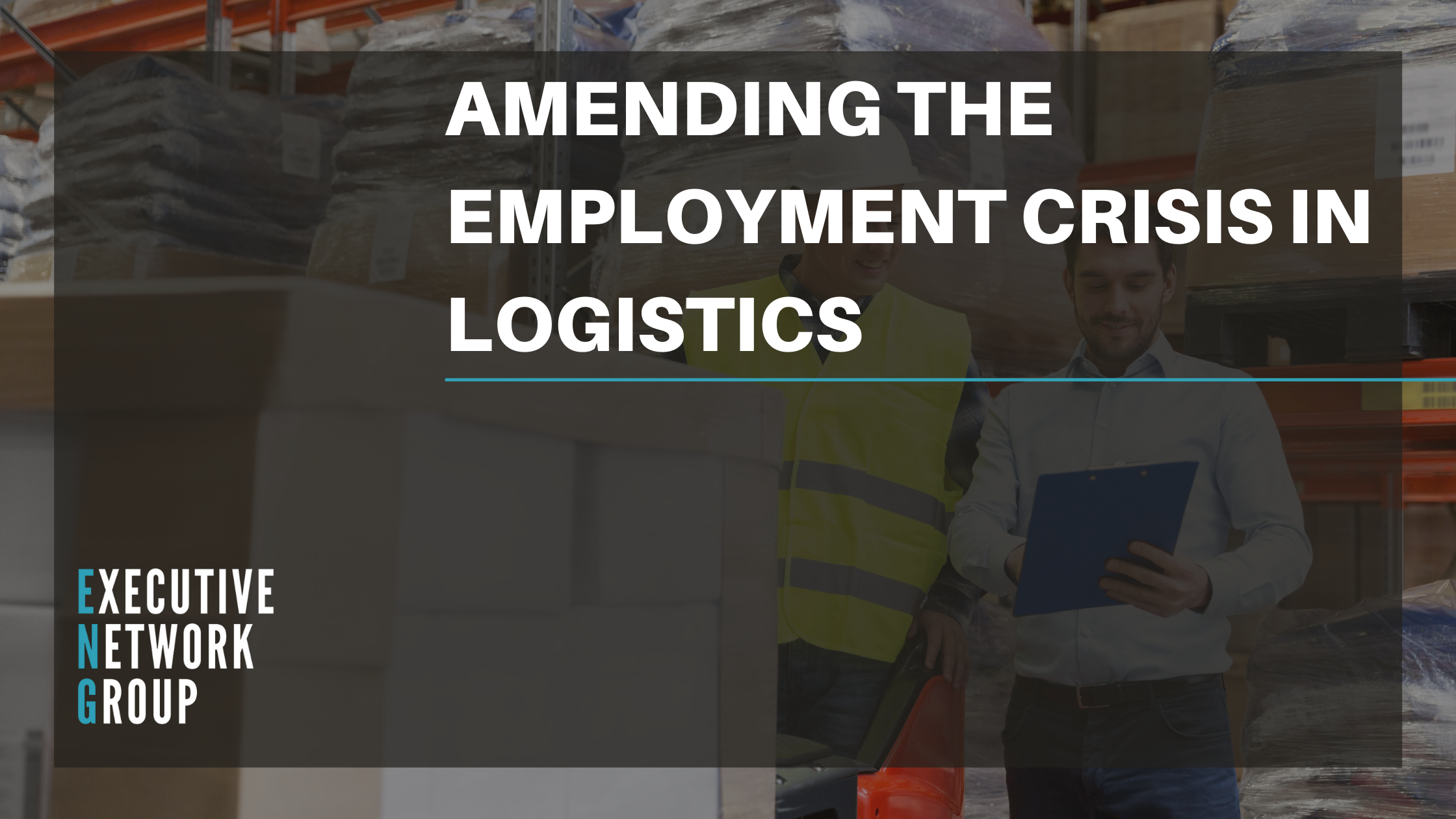Amending the Employment Crisis in Logistics

We have spoken at length about the current skill gaps that currently inhabit industries and sectors all over the world. However, there is a precursor to the skill gaps that make filling these specific roles even more difficult – an employment crisis.
“Brexit has resulted in a serious shortage of labour in transport and logistics. New immigration rules are looking to introduce a points-based immigration system and salary caps for ‘low-skilled workers,’ of which HGV drivers, an essential labour force within the UK logistics industry, fall.” – Masters Logistical
In this blog we will look deeper into the employee crisis in Logistics and Transport, and how the sector can overcome this plight and breakthrough this uncertainty.
Brexit Hasn’t Helped
Brexit was a turning point for a lot of markets – sometimes for the best, and sometimes for the worst. In terms of skill shortages, it can be argued that leaving the EU has had a severely detrimental effect. The Logistics and Transport industry are especially feeling the burn.
According to Cogito – “The UK leaving the European Union (EU) can be recognised as a key reason for the skills shortage within the UK transport and logistics industry. This was something that many commentators predicted, like Kevin Richardson, Chief Executive of The Chartered Institute of Logistics and Transport (CILT) who in 2019 noted how the upcoming years would provide a range of concerns in recruitment within the logistics industry, with Brexit likely to cause many professionals to seek other career paths that offer more stability. Although half of the logistics sector were prepared for Brexit, many experts continued to anticipate an impact on companies’ day-to-day operations”.
This has resulted in the sector requiring trained customs and export specialists due to new import laws and cross border problems. These roles need skills such as multiple language skills which are much harder to find – especially when compatible talents are seeking opportunities in different sectors.
Neither Has Covid19…
Covid19 has probably changed the way we work forever. Time will tell on that front, but the massive work culture shift doesn’t show any signs of slowing down – with more companies getting on board with flexible working, better work-life integration, and sometimes even 4-day work weeks.
Not to mention the great resignation. The BBC state “workers have always cared about the environments in which they work, the pandemic added an entirely new dimension: an increased willingness to act”. This resulted in millions of people taking a step back to evaluate their working life, how much it eats into social and family life, and taking action accordingly. Ending with a mass resignation in search of pastures new.
The Logistics and Transport sector have been hugely affected by the mass exodus. Cogito claims that there is a belief that talent within the Logistics and Transport sector are considering career changes at a higher rate than ever before. “These professionals cited a range of factors of why they were considering such a move, including long working hours, long commutes, and heavy regulation – something that many transport and logistics professionals experience also”.

How Can the Sector Recover?
The first step on the road to recovery must be the retention of existing talent throughout the sector. Stopping the rot is imperative for recovery. Offering higher wages just won’t cut it – Logistics and Transport organisations must look inward for the reasons why talented staff are choosing to leave the sector, what are the causes? and how can they be put right? Talent that feels happy and fulfilled in their jobs and in their industries don’t just “up sticks”.
The sector must also buy-in on younger talent. Millions of graduates and school leavers enter the job hunt every year. Marketing the sector as an interesting opportunity filled with innovation will increase interest from younger talent and help plug some of the more technical and computer-led roles, as Millennials and Generation Z are true digital natives.
According to FE News, allowing existing talent to find their perfect role within their organisations can vastly improve employee turnover. “The bonus of filling your most pressing vacancies with existing employees is that you know they’re already familiar with your business and its processes. While they will still require training in their new role, it’ll be a quicker induction than if you were to bring new hires on board. That’s not to say you shouldn’t be hiring externally. Blending internal role changes and external recruitment will help you fill the most pressing gaps”.
The employee crisis isn’t going to solve itself overnight. The groundwork must be put in place to begin to turn the tide, but with the right forethought, and focus on employee-centric change. The Logistics and Transport sector can start to reap the benefits of improved employee retention and hopefully, happier workplace cultures.

